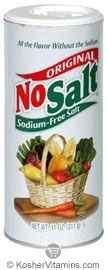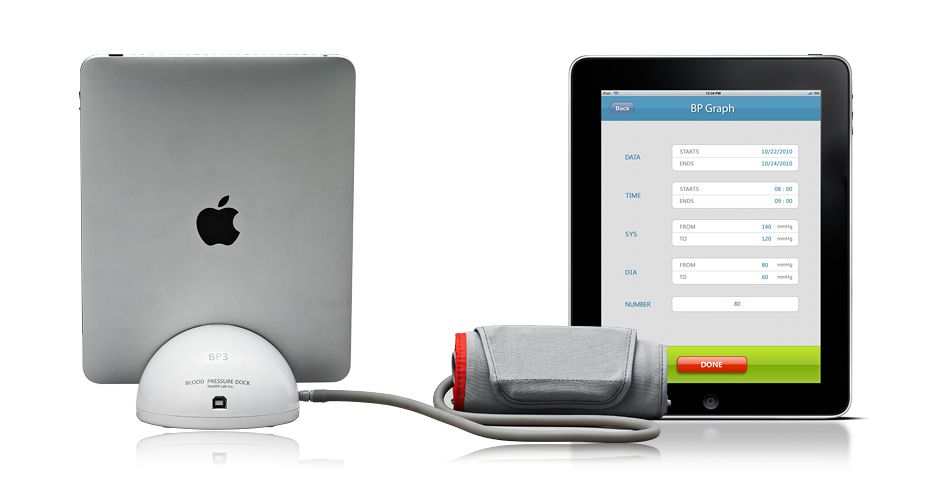But I do want to know your opinion on becoming a vegan. I have been a vegetarian for 22 years, but have many friends, including a heart surgeon, who are vegan.
I realize that your question was directed at Dr. Bruce and I don't know anything about the vegetarian/vegan lifestyle, but let me relate a few things that I've read and observed. I'll note up front that I have no medical training and what follows in no way constitutes medical advice.
In my 20's and 30's, my blood pressure was always "borderline". Back then, doctors didn't pay much attention to systolic numbers, but my diastolic was always around 90. When I reached my 40's, aging caught up with me and I went on medication. I've also always had a weight problem, so I've tried many diets with varying success.
About 4 years ago, I changed physicians and the new doc' recommended that I keep a daily blood pressure log. I bought a blood pressure "machine" with a memory and once a week I enter the numbers in an excel spreadsheet complete with graph(yes - I am a geek). The neat thing about this is that I can recognize trends and make associations with my behavior's effect on blood pressure.
Around two years ago, I became aware of the writings of Gary Taubes. I was never a believer in "low carb" diets, but I bought one of his books and read it completely before making any changes. Finishing the book, I decided to give it a try and also picked up an Atkins diet book.
I noticed a few things immediately. If I am "good" - 25 to 50 "net" grams(you subtract dietary fiber from total carbohydrates) of carb's a day, I will lose weight and my blood pressure will settle in a nice range around 130/70. If I'm not "good", my blood pressure jumps up to around 140/80. My weight can also jump 3 - 5 lbs in one day - obvious fluid retention; I notice edema around my ankles. A few days of being "good" and the extra weight/fluid drops right off and my blood pressure settles back into the lower range.
I've always had a sweet tooth and love chocolate. When I'm good, I typically have no cravings at all.
One last thing that I noticed. I have availed myself of both the "little blue pill" and testosterone therapy in the past. Since going low carb, I have used neither in over a year and frankly haven't needed them.
Taubes maintains that the human body is a much more complex system than modern science seems to give it credit for. This system is driven by hormones and insulin is one of the more powerful ones. Controlling the glycemic reaction seems to be most of the battle.
While low carb diets are often associated with meat. The Atkins book has sections on vegan/vegetarian modifications.
Whatever action you take, I highly recommend keeping a daily blood pressure log.
Good luck!





